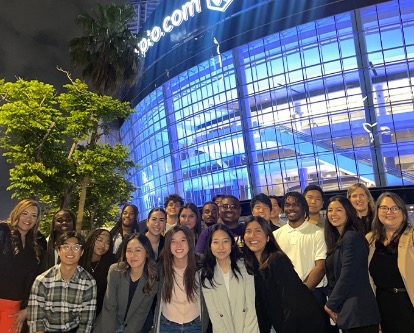This chapter discusses key events related to the experiences of Indians, African Americans, Latinos, Japanese Americans, and Southeast Asians residing in Arkansas. From Spanish, French, and European explorers’ arrival and subsequent interactions with Indians during pre-statehood days, to slavery and the incivilities of Jim Crow frequently experienced by disparate groups of color, the chapter examines agency and some of the tactics used to maintain humanity in the midst of entrenched white supremacy. In particular, it examines challenges faced by Indians and African Americans as Arkansas wrestled with statehood and slavery. Thereafter, it moves to patterns of racial whitening in parts of Arkansas and the state’s persistent malaise with people of color, especially as it pertains to the experiences of Latinos, Japanese Americans, and Southeast Asians. The chapter concludes with a discussion of current racial sentiments in Arkansas and argues that although disparate groups of people of color have actively challenged white supremacy, Arkansas is just beginning to confront its legacy of racial discrimination.

